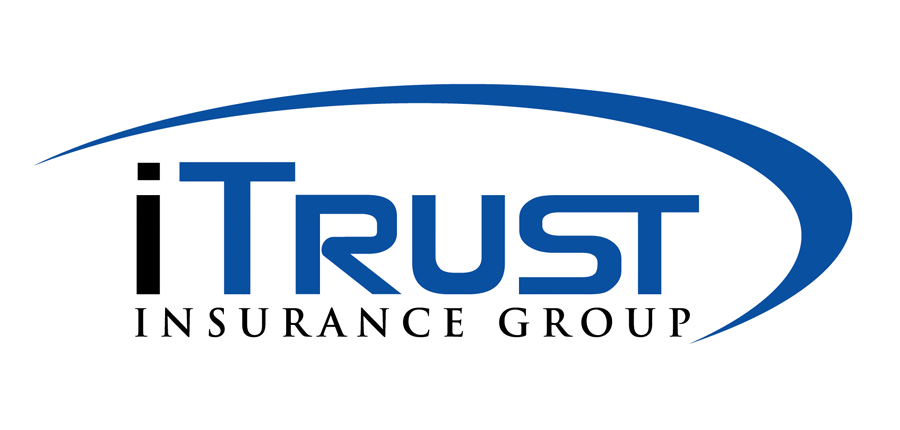
Understanding Homeowners Insurance for Property Line Disputes
Homeownership comes with its share of joys and, sometimes, unexpected headaches. One common concern many homeowners face is the potential for property line disputes and understanding how insurance fits into these scenarios. Whether it's a fallen tree, a fire, or flooding, the stress of unexpected damage is compounded without clear knowledge of insurance responsibilities. Understanding these ins and outs can offer peace of mind and financial protection when the unexpected occurs. In this blog, we'll address some common questions about homeowners insurance and property boundaries.
Tree Damage Responsibility
One common issue arises when a tree from a neighbor’s property falls onto your home due to a storm. Typically, your homeowners insurance will cover the damage, regardless of the tree's origin. However, if the tree was dead or in poor condition and the neighbor was aware of the risk, their insurance may be liable.
Fire Damage from a Neighbor’s Property
Fires can spread quickly from one property to another. Generally, if a fire starts on a neighbor’s property and spreads to yours, your homeowners insurance will cover the damage. If negligence, such as an unattended candle or faulty wiring, led to the fire, your insurance provider may seek reimbursement from the responsible party’s policy through a process known as subrogation.
Flooding from a Neighbor’s Property
Flooding presents unique challenges, especially regarding insurance. Proving negligence in water damage cases due to poor draining systems, malfunctioning downspouts, or significant landscaping changes can be difficult. Homeowners insurance typically does not cover flooding, meaning a separate flood insurance policy may be necessary for adequate protection.
Shared Fence Repair Costs
Storms or accidents can also lead to damage on shared properties, like fences. Generally, the repair costs of a shared fence damaged during a storm are split between both neighbors. However, if one homeowner's actions directly caused the damage, they might be required to cover the full cost.
The Insurance Claims Process
Understanding the insurance claims process is crucial when property damage is involved. If a neighbor’s actions cause damage to your property, your insurer can step in. Through subrogation, they may seek reimbursement from the neighbor’s insurance if negligence is evident. If negligence is not proven, your policy will usually cover the damages without seeking compensation from the neighbor’s insurance.
In light of these common issues, it’s wise for homeowners to review their insurance policies thoroughly. Considering additional coverage like flood insurance could offer further protection. Reach out to our iTrust Insurance team for a clear understanding of your coverage details to ensure you have peace of mind in knowing you're well-protected.
